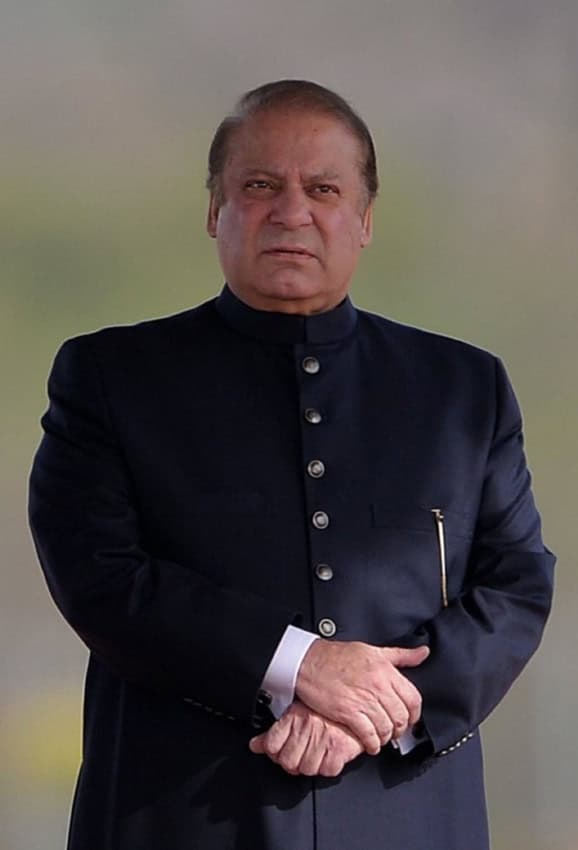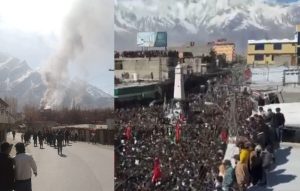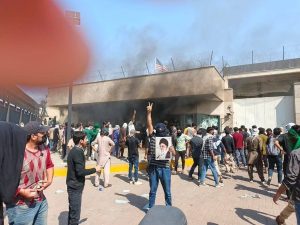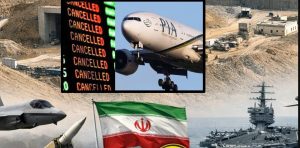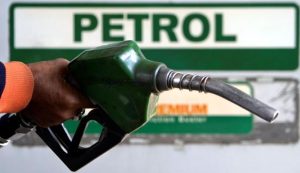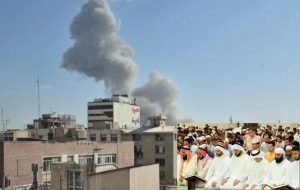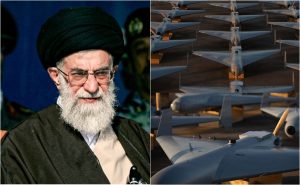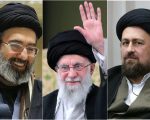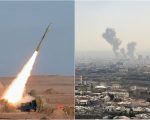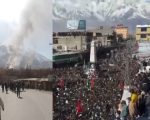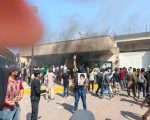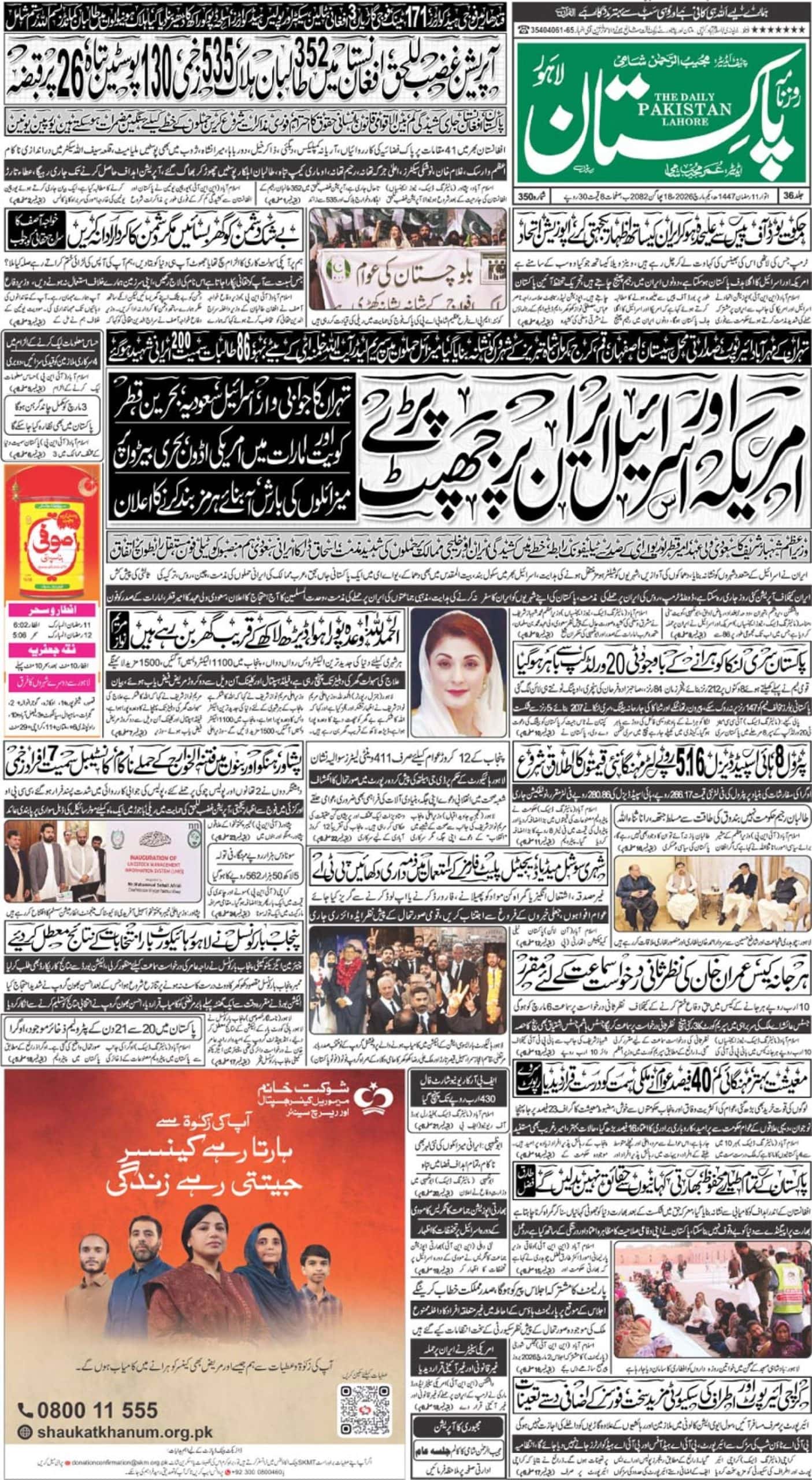Nawaz Sharif is one of the stalwart political figures of Pakistan who has trialed and triumphed during his five decades career in political arena of the country.
Early life and family background
Nawaz Sharif was born on 25th December 1949 in Lahore. Muhammad Sharif, the father of Nawaz Sharif, had been among valued migrants who migrated from Indian Punjab to Pakistan from Amritsar during 1947 Partition. After independence Muhammad Sharif established a small business which gradually turned into what was later known as Ittefaq Group.
Marital life and children
Nawaz Sharif married to Kulsoom Nawaz, who is the grandniece of the famous Kashmiri wrestler “The Great Gama”. Both have two daughters and two sons but only Maryam Nawaz has been come to limelight as Nawaz Sharif’s political heir.
Educational career of Nawaz Sharif
Nawaz Sharif received his early education from Saint Anthony’s High School, Lahore. Later, he went to Government College (Lahore) for graduation and received a law degree from Punjab University.
Nawaz Sharif’s significant stature
Nawaz Sharif was elected thrice as prime minister of Pakistan and served in the first term from 1st November 1990 to 18th July 1993 and the second from 17th February 1997 to 12th October 1999. Later, he became third time prime minister from 5th June 2013 to 28th July 2017. Earlier, he has also served twice as Punjab chief Minister before being elevated from finance secretary to cabinet minister.
Career as first class cricketer
Nawaz has been a die-hard lover of cricket since his childhood. He played first-class cricket in the 1973-74 season representing Pakistan Railways. During his premiership, he also used to play cricket only as a batsman.
Political career of Nawaz Sharif
Nawaz Sharif entered into politics by joining the Punjab advisory district council and ruled the country three times as PM. He initially joined politics in the late 1970s when he became a member of Asghar Khan’s Tehrik-e-Istiqlal. He was then chosen by Punjab Governor Jilani as Punjab finance minister in 1981 and he also served as minister of sports.
Adding, he first became prime minister on 1st November 1990. His term was interrupted on 18th April 1993, when President Ghulam Ishaq Khan dissolved the National Assembly. Less than six weeks later, the Supreme Court overruled the President, reconstituting the National Assembly and returning Sharif to power on 26th May 1993. He ultimately resigned from office along with President Ghulam Ishaq Khan on 18th July 1993. Later, he returned to power in February 1997 with a huge majority that the result was immediately questioned by Bhutto’s Pakistan People’s Party.
Constitutional amendments
Nawaz Sharif has taken several steps in political and democratic history of Pakistan. He has done many constitutional amendments. During his tenure, the 13th amendment to the Constitution of Pakistan was passed so that the President could no longer dismiss the Prime Minister; the 14th Amendment imposed so-called party discipline on members of Parliament. He opposed the independence of the judiciary, clashing with the then chief justice, Sajjad Ali Shah. The Supreme Court was attacked by Sharif’s party loyalists on 28th November 1997, and the Chief Justice was forced to resign.
Landmark projects
During three times governance, Nawaz Sharif has done remarkable achievements including:
Completed the South West Asia’s first motorway, the 367-km M2, linking Lahore and Islamabad.
The motorway, which was initiated during Nawaz Sharif’s first term, was inaugurated in November 1997 and was constructed at a cost of Rs35.5 billion.
He undertook nuclear tests on 28th May 1998 in response to India’s nuclear tests two weeks earlier.
Confrontation
Nawaz Sharif has been known as confrontationist with powerful corridors. During his first term as prime minister, he had fallen out with three successive army chiefs: with General Mirza Aslam Beg over the 1991 Gulf War issue; with General Asif Nawaz over the Sindh “Operation Clean-Up” issue; and with General Waheed Kakar over the Sharif-Ishaq confusion.
At the end of General Waheed’s three-year term in January 1996, General Jehangir Karamat was appointed army chief. His term was due to end on January 9, 1999. In October 1998, however, true to form, Sharif fell out with General Karamat as well, over the latter’s advocacy of the need for the creation of a National Security Council.
In October 1998, General Karamat resigned and Sharif appointed General Pervez Musharraf as army chief. He also fired General Pervez Musharraf in October 1999, while he was on a commercial jet, flying to Karachi. Nawaz Sharif initially ordered the jet diverted but the entire scene averted.
Later, General Musharraf arrested Nawaz Sharif for charging him with hijacking, conspiracy to murder, and treason. Finally, Nawaz Sharif had to go for exile in Saudi Arabia for almost 7 years.
Nawaz Sharif returns to Pakistan
Nawaz Sharif returned to Pakistan on 25th November 2007 and campaigned with Benazir Bhutto together until Bhutto’s assassination. After the 2008 elections, Nawaz Sharif’s PML-N and Bhutto’s PPP briefly ruled as a coalition. Unfortunately, presidential elections and their nominations created a void and rift among them.
Panama Leaks 2016
Nawaz Sharif has also faced several corruption charges in his three-time tenures as PM. In 1990s, he was alleged for money laundering and purchased assets in London. The assets surfaced when Panama Papers leaked in 2016 revealed that they were managed through offshore companies owned by Sharif’s children. On 2nd November 2016, Supreme Court agreed to set up a judicial commission to probe corruption allegations against Sharif, stemming from Panama Papers leaks.
Nawaz Sharif’s ouster
Supreme Court removed Nawaz Sharif from the PM office after an investigative panel alleged his family could not account for its vast wealth on 28th July 2017.
Disqualified from Supreme Court
Nawaz Sharif was declared disqualified for not declaring income from a company in United Arab Emirates on 28th July 2017 by Supreme Court. The court also ordered the National Accountability Bureau (NAB) to open a criminal trial into ownership of the London flats along with several other Panama Papers revelations.
Later, on 13th April 2018, the Supreme Court further rules Sharif is banned from political office for life. On 6th July 2018, the NAB court convicted Nawaz Sharif of corruption and sentences him in absentia to 10 years in prison.
Election Appellate Tribunals issues clean chit
Recently, Nawaz Sharif and his entire family have been awarded with a clean chit to contest the upcoming general elections 2024 by the election appellate tribunals on 10th January 2024. This petition was filed by Pakistan Tehreek-e-Insaf (PTI) challenging the acceptance of the nomination papers for Nawaz Sharif, Shehbaz Sharif, and Maryam Nawaz.
Nawaz Sharif and 2024 Election
Former prime minister Nawaz Sharif will contest from National Assembly seat NA-130 Lahore and NA-15 Mansehra after being approved by the Election Commission of Pakistan.

